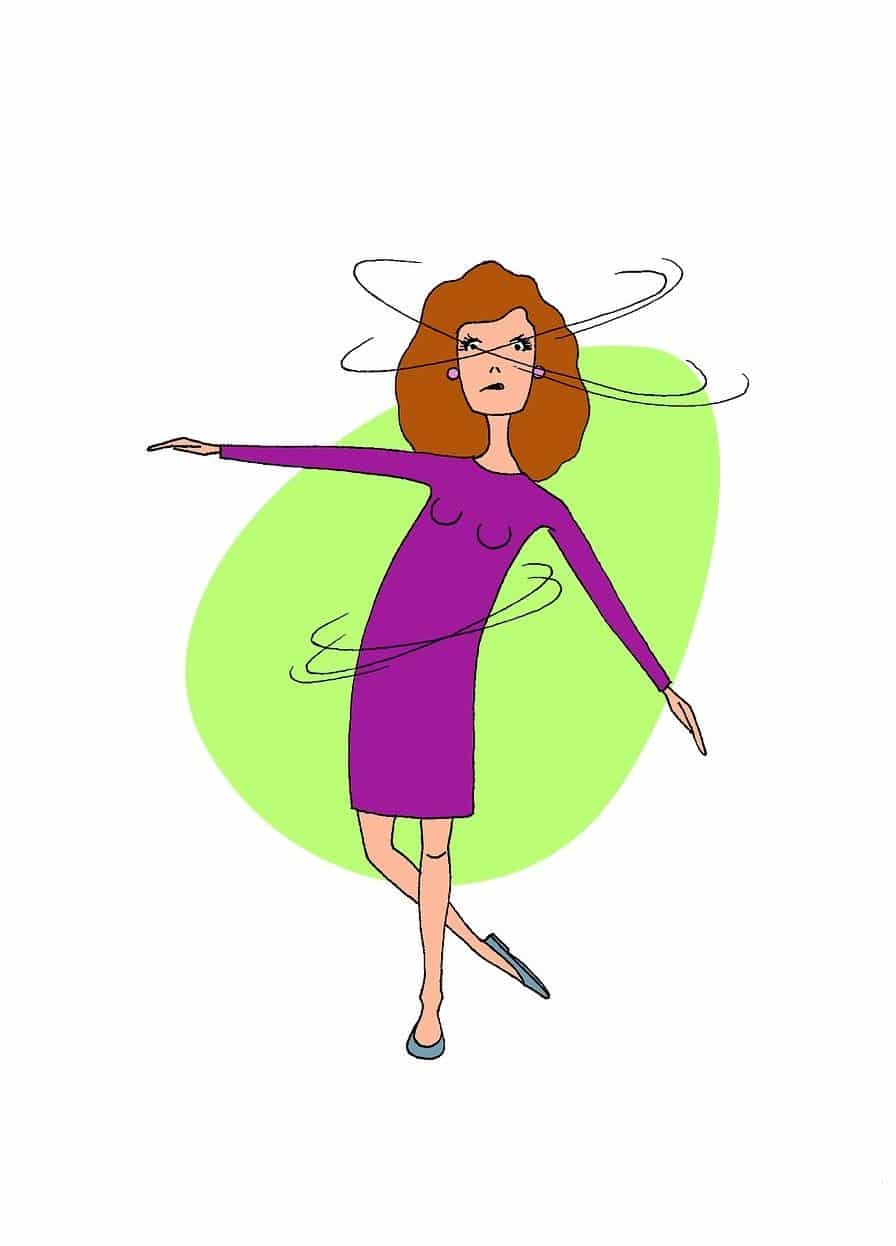
Syncope is also known as fainting or sopontium.
Syncope is a notion used in medicine to name what happens when the heart stops momentarily and suddenly , causing a loss of sensitivity and consciousness . The etymological origin of the term refers to syncŏpe , a Latin word that, in turn, derives from a Greek word.
Syncope lasts a short time and allows the person to recover spontaneously, without the need for resuscitation practices. Among the causes that can cause syncope are lack of oxygen , trauma or an eating problem .
It should be noted that cardiac arrest , cardiorespiratory arrest or circulatory arrest is also often called cardiac syncope . In this case, the strike requires action so that it can be reversed.
Before syncope
The subject who suffers syncope usually experiences vision problems before losing consciousness, such as decreased clarity or the visualization of bright spots. This is because blood supply to the brain is reduced, which ultimately causes syncope, also called sopontium or fainting .
Feelings of vertigo , dizziness , and nausea may also precede syncope. Thus, when experiencing these issues, it is recommended that the person sit, lie down or seek assistance as it is likely that they will end up temporarily losing consciousness and fainting.

Syncope may be preceded by dizziness.
Vagus nerve stimulation
The most common syncope is called vasovagal syncope . It is produced by stimulation of the vagus nerve , which results in a drop in heart rate and swelling of the blood vessels. This leads to the brain receiving less blood and causing syncope.
This type of syncope is considered reflex type. Some are associated with well-defined situations, such as the moments in which the person is urinating, swallowing or coughing. It is important to note that the causes of this disorder have not yet been completely understood, although one of the characteristics that is repeated in those who suffer from it is an excessive peripheral venous load.
This load generates an immediate drop in peripheral venous return, which results in cardiac hypercontractility. This, in turn, leads to the activation of mechanoreceptors in response to stretching, and then a state similar to that of hypotension occurs, with a heart rate that does not reach 60 beats per minute (the normal minimum, with 100 being the normal). maximum).
Causes of vasovagal syncope
There are a large number of situations that can trigger vasovagal syncope. Some of them, which increase parasympathetic activity in sensitive individuals, are the following:
- Movements that lead to a drastic change in position, such as suddenly standing up or doing sudden exercises.
- Standing still for a long time, something very common in certain public-facing jobs.
- Contrary to the previous point, sitting for long periods of time.
- Emotional stress , an illness that afflicts a growing percentage of the world's population, given the demands of modern life and the few opportunities to find balance.
- All kinds of physical pain.
- Any stimulation that does not generate pleasure, such as donating blood.
- Very sharp pressure in certain parts of the eyes, nose or throat.
- Excessive consumption of alcohol or certain drugs.
The list of factors goes on, and this confirms that each patient may have vasovagal syncope associated with one of many situations.
One of the encouraging characteristics of this disorder is that most patients do not have health problems associated with the heart . On the other hand, around 70% are people who have not reached the age of 65 and it appears more frequently in women than in men.
